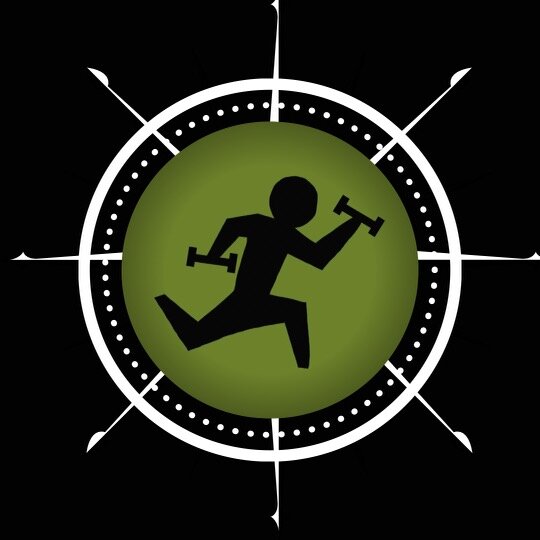The Science of Stress: How the Right Kind Can Strengthen Your Team and the Wrong Kind Can Destroy It
In today’s workplace, stress is unavoidable, but how it manifests can either fuel growth or quietly burn your team out from the inside. For HR leaders and executives striving to build healthier, higher-performing organizations, understanding the difference between distress (bad stress) and eustress (good stress) is crucial.
At Traveling Trainer, we help businesses in Greater Boston create wellness programs that not only reduce harmful stress but also harness positive stress to keep teams energized, engaged, and loyal. Let’s break down the science, the costs, and the solutions.
Bad Stress: The Hidden Saboteur of Performance and Health
“Bad stress,” or distress, is the chronic, overwhelming type of stress that triggers the body’s fight-or-flight response far too often. While short bursts of this reaction can save lives, chronic exposure wreaks havoc on both the body and brain.
The Biological Cost of Chronic Stress
According to a study published in Nature Reviews Neuroscience (2015), prolonged stress elevates cortisol levels, which impairs memory, shrinks areas of the brain like the hippocampus, and disrupts decision-making and mood regulation. Over time, this can lead to anxiety, depression, and even physical health complications such as cardiovascular disease and weakened immune function.
The American Institute of Stress estimates that stress costs U.S. businesses over $300 billion annually through absenteeism, turnover, reduced productivity, and healthcare expenses. That number should make any HR leader pause.
The Corporate Impact
Increased absenteeism: Stressed employees are 60% more likely to miss work.
Reduced engagement: Burned-out workers are 2.6x more likely to actively seek new jobs (Gallup, 2022).
Lower creativity and problem-solving: High cortisol narrows focus and impairs the prefrontal cortex, stifling innovation.
Left unchecked, distress doesn’t just lower productivity—it undermines your company culture and talent retention.
Good Stress: The Engine for Growth and Resilience
Now, let’s talk about eustress, the positive form of stress that drives growth, motivation, and achievement.
When employees face manageable challenges (like presenting to leadership, competing in a team sport, or pushing through a workout), their bodies release controlled doses of adrenaline and endorphins. This primes the brain for focus and sharpens problem-solving without the damaging effects of chronic cortisol elevation.
A study published in Frontiers in Psychology (2019) found that moderate stress, when paired with physical activity or creative challenge, increases neuroplasticity, which is the brain’s ability to adapt and form new connections. In other words, a little stress can make your team smarter, stronger, and more adaptable.
Examples of Positive Stress in Action
Exercise and sport: Builds resilience, lowers resting cortisol, and enhances dopamine regulation.
Hobbies and learning new skills: Stimulate reward pathways and improve mood stability.
Wellness challenges and social engagement: Encourage camaraderie and goal orientation.
These “good stressors” not only boost individual health but create a performance culture—a workplace where employees grow rather than grind down.
Why HR and Executives Should Care: The ROI of Stress Management
When companies take control of their teams’ stress environments, the results are staggering. Organizations that invest in wellness programs see:
25% reduction in absenteeism
32% reduction in turnover
Up to 3x ROI in productivity improvements (Harvard Business Review, 2023)
At The Traveling Trainer, we bring these benefits directly to your company’s doorstep, both literally and figuratively. Our corporate wellness programs include:
On-site or hybrid yoga, breathwork, and mobility sessions to regulate stress hormones and restore focus.
Team-based fitness programs that build positive stress through movement, not burnout.
Education on nutrition, sleep, and recovery to improve overall quality of life.
These sessions don’t just alleviate tension, they create environments where your team performs better, stays longer, and feels cared for.
Turning Stress Into a Competitive Advantage
The best companies in Boston and beyond aren’t just offering higher salaries, they’re creating cultures that support the whole human. Stress management and eustress cultivation are at the center of that evolution.
By understanding and acting on the science of stress, you’re not just investing in your people, you’re investing in your company’s longevity, creativity, and brand reputation as a top-tier employer.
Ready to Help Your Team Thrive?
Book a complimentary pilot session with The Traveling Trainer and experience how movement, mindfulness, and targeted wellness programming can transform your workplace.
Visit us here and connect today!

